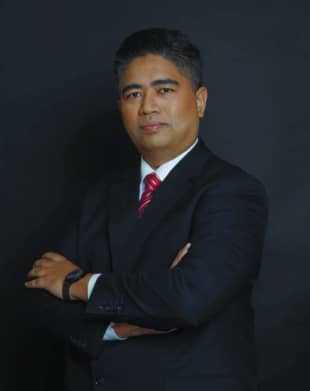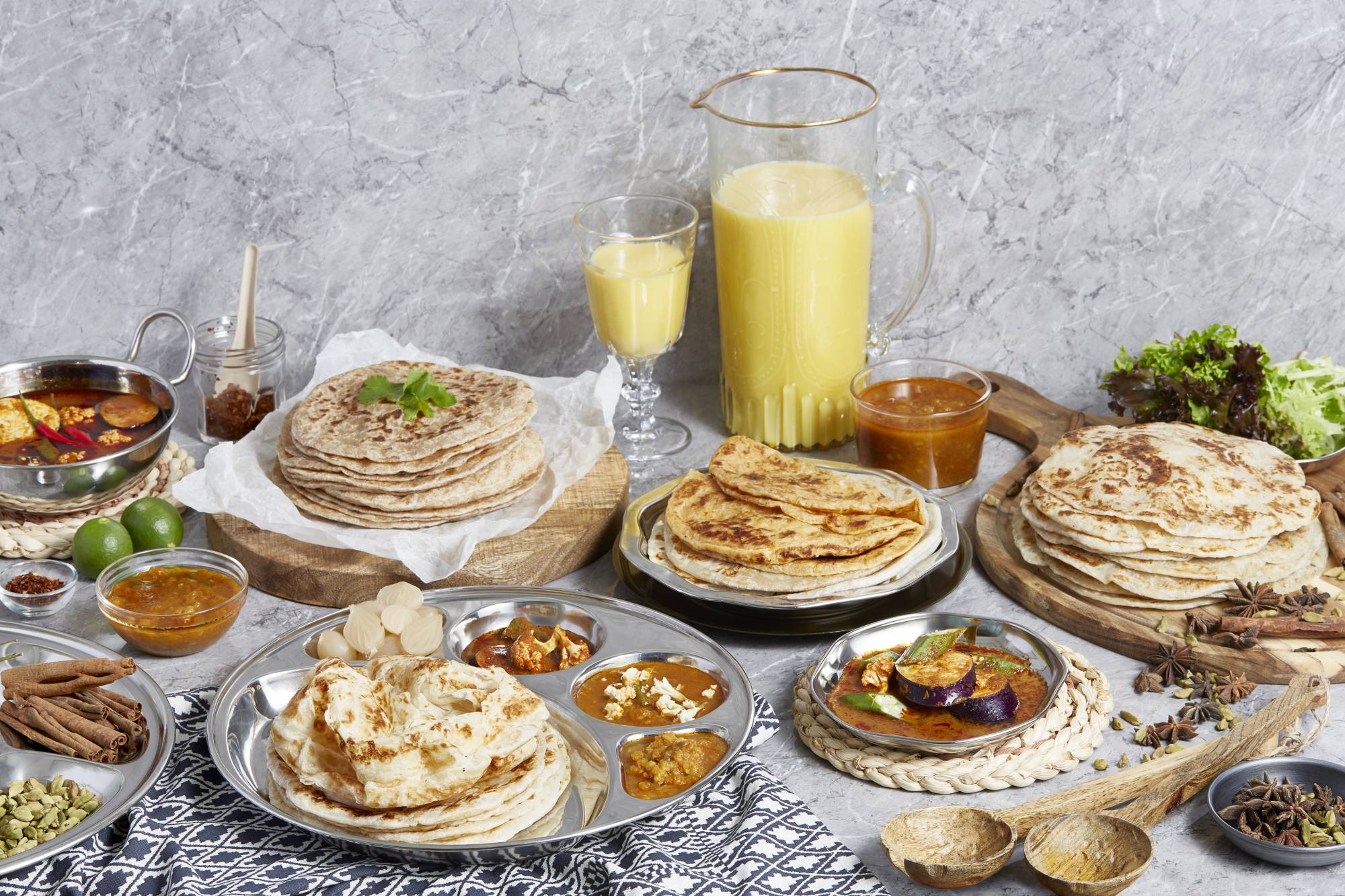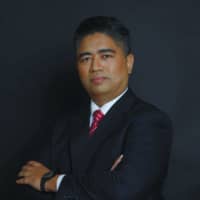The CEO of Halal Development Corporation (HDC) Berhad, Hairol Ariffein Sahari, has one thing to say to the 87-odd companies affected by Japan’s decision to relocate manufacturing from China — come to Malaysia.
The Association of Southeast Asian Nations (ASEAN) member state reaped approximately $8.9 billion in foreign direct investment from January to September in 2019. About $800 million of that figure came from Japan, according to data compiled from the Malaysian Investment Development Authority.
According to Hairol, however, further growth opportunities abound within Malaysia’s halal sector and he invites Japanese companies to take advantage of this situation.

“Malaysia is an ideal gateway for Japanese firms who want to invest in (regional and international) halal businesses,” said Hairol in an online interview with The Japan Times. “Our domestic halal market is currently worth around $70 billion. We predict it will grow to $150 billion by 2030,” he added, estimating that the ASEAN markets are now worth $900 billion alone.
HDC, said Hairol, operating under the auspices of Malaysia’s Ministry of International Trade and Industry and reporting to the senior minister, is mandated to take custody of Malaysia’s halal economy. The body is concurrently expected to help grow the country in line with the government’s long-term economic transformation policies.
Protecting the integrity of the halal brand through holistic training and consultancy; managing sector development between public and private stakeholders; promoting the concept of halal goods and services; encouraging investment within Malaysia’s halal industry; and facilitating growth within domestic and international halal markets are just a few of the tasks that HDC performs as part of its role.
According to Hairol, Japanese companies needing to relocate their manufacturing hubs are well advised to tap into Malaysia’s halal sector and consult with HDC about investing their operations in Halal Malaysia (HALMAS) status industrial parks — business communities that comply with designated guidelines and receive infrastructure and service support.
The CEO noted interested parties are recommended to first book consultations with HDC so that the organization can learn about their business, hear what they want to achieve in Malaysia and get to know their requirements.“A (typical) halal park is home to more than 60 multinational corporations and also 300 halal small and midsized enterprises (SMEs),” he said. While such parks are said to be approximately 200,000 acres in size, 70,000 acres are made available to investors, Hairol continued.
“We would then advise which halal park is the best option (for your firm),” said Hairol. “For example, we have a halal park in Selangor (with a) focus on biotechnology products. Another halal park in (the state of) Negeri Sembilan ... focuses on pharmaceutical, cosmetic and personal care products.”
“Investors in the HALMAS halal parks are offered full income tax exemptions for a period of 10 years. This is one of the best (government) incentives offered and shows how serious we are about promoting the halal industry,” he added.
HDC is not only committed to Malaysia becoming a preferred investment destination by supporting global companies investing in the country. It also provides support to domestic companies and organizations that assist such multinationals.
“We have a program called Halal Sourcing Partnership Program,” said Hairol. “It’s an SME and multinational collaboration program whereby the multinational will teach or share global knowledge on best practices when it comes to production and also manufacturing. The idea is to increase the capacity and also the capability of our SMEs (who in turn supply the multinationals and also become bigger players in the halal supply chain).”
The halal sector has not remained unscathed by the global coronavirus pandemic — supply chain disruption and canceled contracts are just two of the problems facing industry players — but Hairol acknowledges that the virus has resulted in faster digitalization of HDC services and similar offerings.
Online training and a virtual expo — “... something that I foresaw happening in five or six year’s time but now we’re having a shot at it” — are just two examples. HDC’s most ambitious project, however, is an integrated platform slated for launch in the first quarter of 2021.
“In Malaysia we have about 200,000 SMEs involved in halal businesses. Assisting them are about 360 organizations involved in halal ecosystem development, including government agencies and ministries. Halal is diverse. Halal is a value-added proposition; it cuts across various sectors, as well as segments or products,” Hairol explained.
The integrated platform is also a model that Hairol foresees as working overseas, in countries such as Japan. The organization is collaborating with Reitaku University in Tokyo to establish and nurture the development of what Hairol calls “halal talent” under the auspices of Japan’s first halal business management program. The aim of the course is for students to learn about business management within the halal sector.
“(The integrated platform) cuts across various agencies in Malaysia and coordination is key, which is an important element if one country wants to develop their own halal industry. I am trying to amalgamate all the players, service providers and government agencies involved in halal industry development in Malaysia via a virtual ecosystem. So regardless of where they are, or how big or how small, they can enjoy the benefits and facilitation provided by the government,” he said.





















With your current subscription plan you can comment on stories. However, before writing your first comment, please create a display name in the Profile section of your subscriber account page.